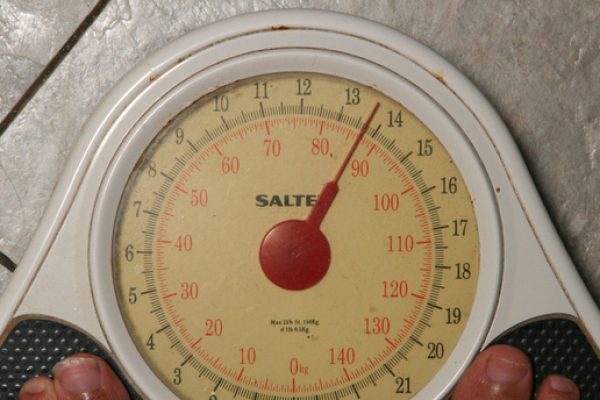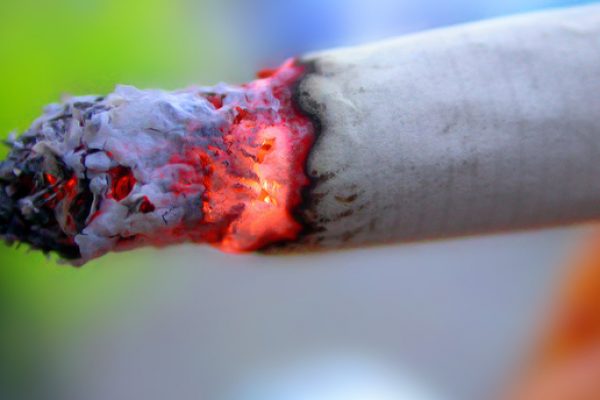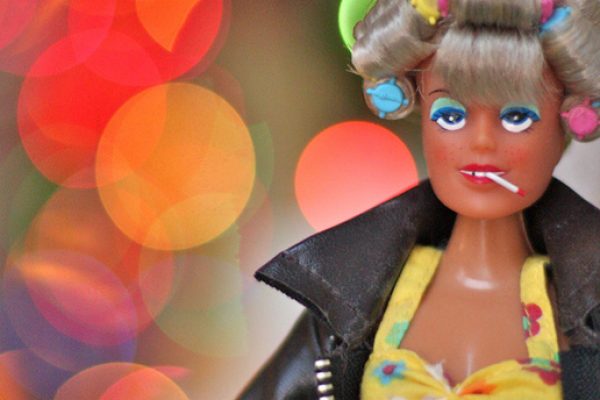There are so many advantages to quitting smoking, as I am sure no one will dispute, so much to be gained. However, maybe the one disadvantage to quitting, one gain that no one really wants is extra body weight. According to research that is the number one reason why a lot of people are reluctant to quit – they fear piling on the pounds. It's true that smoking does tend to make people slimmer, as the nicotine in it reduces appetite and speeds up the metabolism. Nicotine increases the metabolic rate to the extent that it can make someone burn up to 200 extra calories per day. However, a recent scientific study has shown that people who continue to smoke usually end up putting on weight over the years anyway, so it is counter-productive to continue!
Since smokers tend to have addictive personalities, there is a chance they may just exchange nicotine addiction for food addiction by quitting smoking. One of the double-edged swords associated with quitting is that the sense of taste and smell are greatly improved for most people, and that can make them crave food more, since they enjoy it more. Studies have shown that many ex-smokers crave sweet and/or fatty foods more once they quit.
One way to combat possible weight gain is to mentally prepare yourself for it, and take preventative action, like starting a new exercise regime, and watching what you eat once you are no longer smoking. Drink more water, be aware of what snacks you eat and try to avoid the fattening ones. Also, be very careful of how much alcohol you are drinking, since for many, this is a trigger to smoke. It is also high in “empty calories” and can really pile on pounds, as it can also give you food cravings. So either give up drinking, or limit the amount of alcohol you drink, to reduce the chance of a smoking relapse.
*Image courtesy Flickr creative commons.
Even if you do put on a little weight as a result of quitting, it is surely preferable to continuing to smoke. Being slightly overweight is far less injurious to the health, and definitely less unattractive than smelling of smoke, bad breath, yellowed fingers and teeth, etc.! Not to mention premature wrinkles from smoking.
I hope you enjoyed this blog and I appreciate your votes and comments.
Picture courtesy of www.news.smashpipe.com











